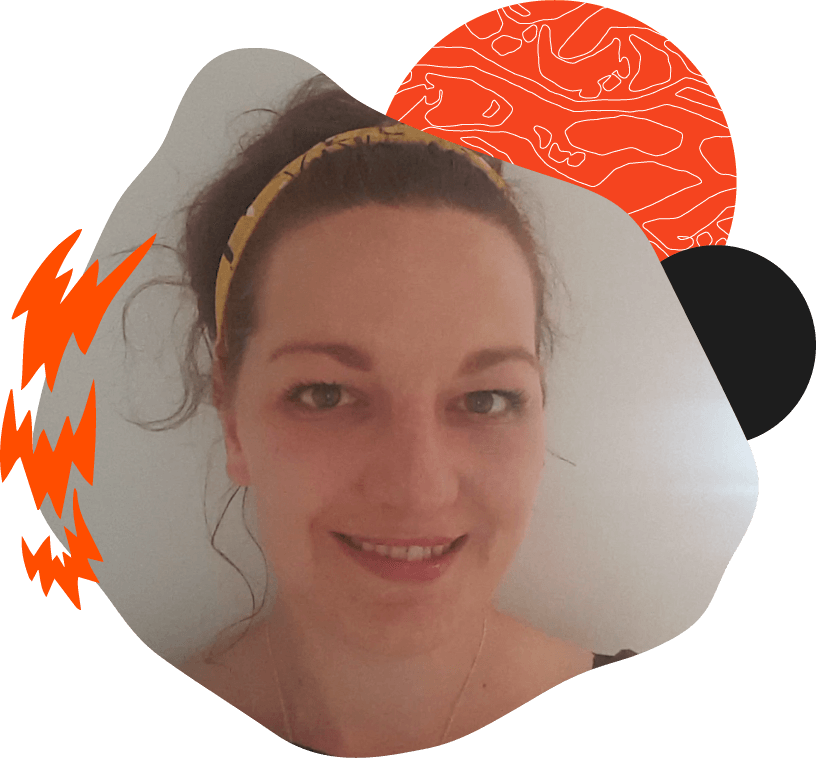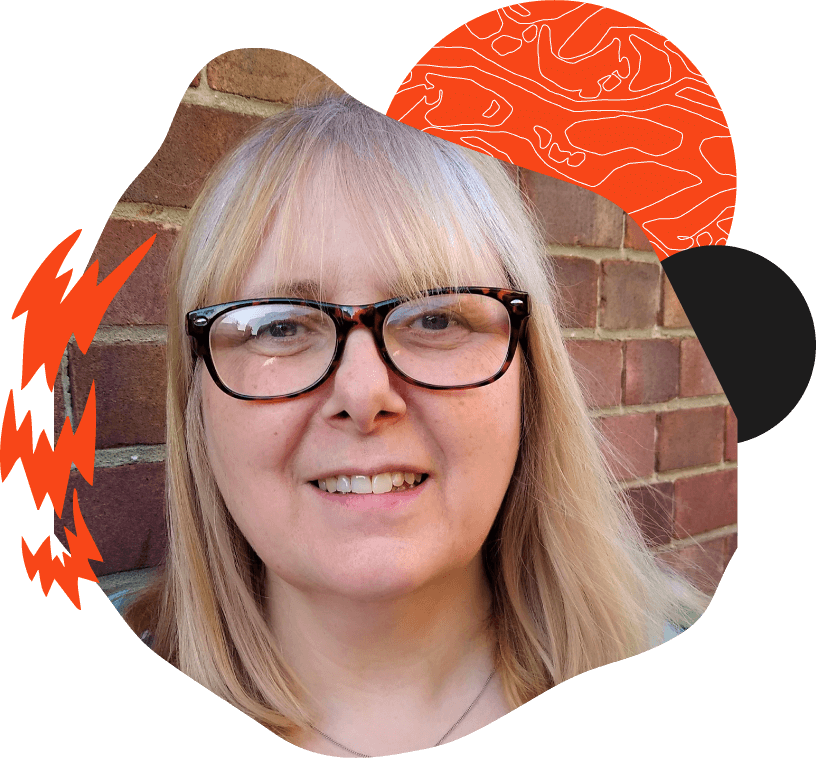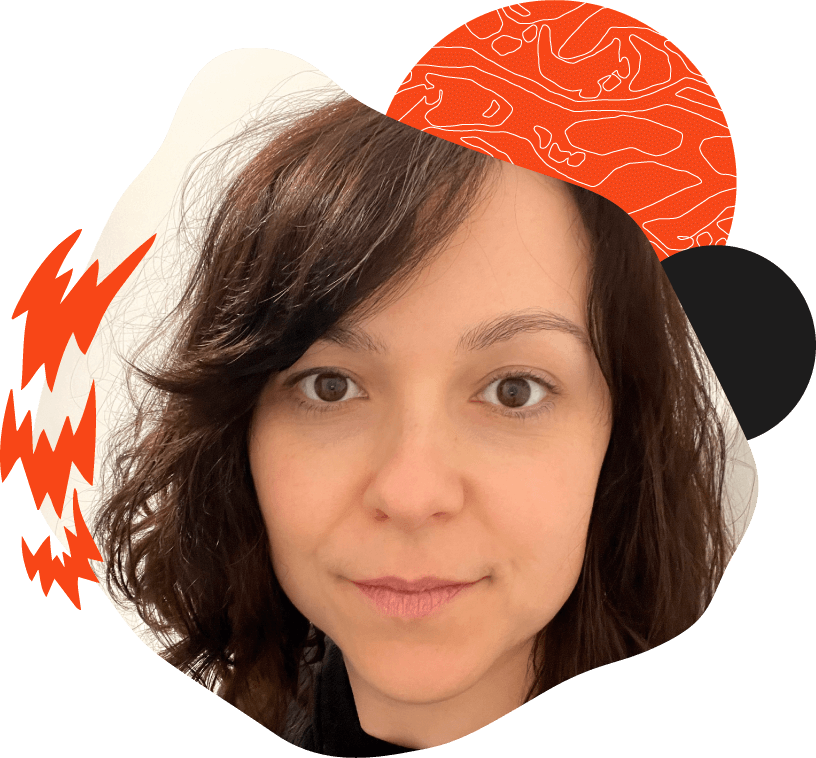What you will learn
-
Unit 1 - Introduction to Counselling
To kick off, you’ll take a look at exactly what counselling entails, and the type of relationships you’d be expected to build with clients. You’ll cover appropriate types of behaviour, and think about what makes a great counsellor.
-
Unit 2 - Reasons for Counselling Children
In the following unit, you’ll ask, ‘what’s normal behaviour, and what’s not?’ You’ll also look at different types of abnormal behaviour in children and adolescents, and when it can become a problem. Moving on, you’ll examine the ‘nature Vs nurture’ debate, and Bronfenbrenner’s bioecological systems model of child development. You’ll study friendships, risks, and resilience, and Jean Piaget’s theories of child development. Finally, you’ll examine what makes up a child’s sense of self.
-
Unit 3 - Approaches to Theories of Counselling
In unit three, you’ll study the behavioural approach to counselling, and classical conditioning. You’ll also look at the cognitive approach to counselling, the way that our memories operate, and Ellis’ ‘ABC Model of Irrational Beliefs’. You’ll move on to the integrative approach to counselling, where you’ll examine cognitive-analytical therapy, and cognitive-behavioural therapy. Next, you’ll investigate psychoanalysis and the psychodynamic approach to counselling, before taking a look at some case studies. You’ll learn about family and relationship counselling, and the effect that different types of parenting styles can have upon a child, as well as poverty and divorce. You’ll also examine grief counselling, how children of different ages deal with death, and the types of grief that they may experience
-
Unit 4 - Issues in Counselling Children
Next, you’ll look at some of the reasons that children might display difficult behaviours, such as adolescent sensation-seeking, and eating disorders. You’ll examine the difficult subject of child abuse, along with some accompanying case studies.
-
Unit 5 - Personal Development
The final unit is all about you, and your future! You’ll begin with some visualisation, think about the ways you can take care of your mental and physical wellbeing, and consider how you might focus on your career development moving forward.
Course Outcome
At the end of this course, successful learners will receive an NCFE Customised Qualification and a Learner Unit Summary which lists the details of all of the units you have completed as part of your course.
How is this course assessed or examined?
Throughout this course, you may be expected to complete assignments, essays, research projects, presentations, video/audio recordings, and practical learning sessions to meet the requirements of your course. This information will be included in your study pack detailing exactly what you need to do to accomplish your goals as a student.
Entry requirements
There are no formal entry requirements for this course, however, it is recommended that you have an intermediate ability to read and write English





